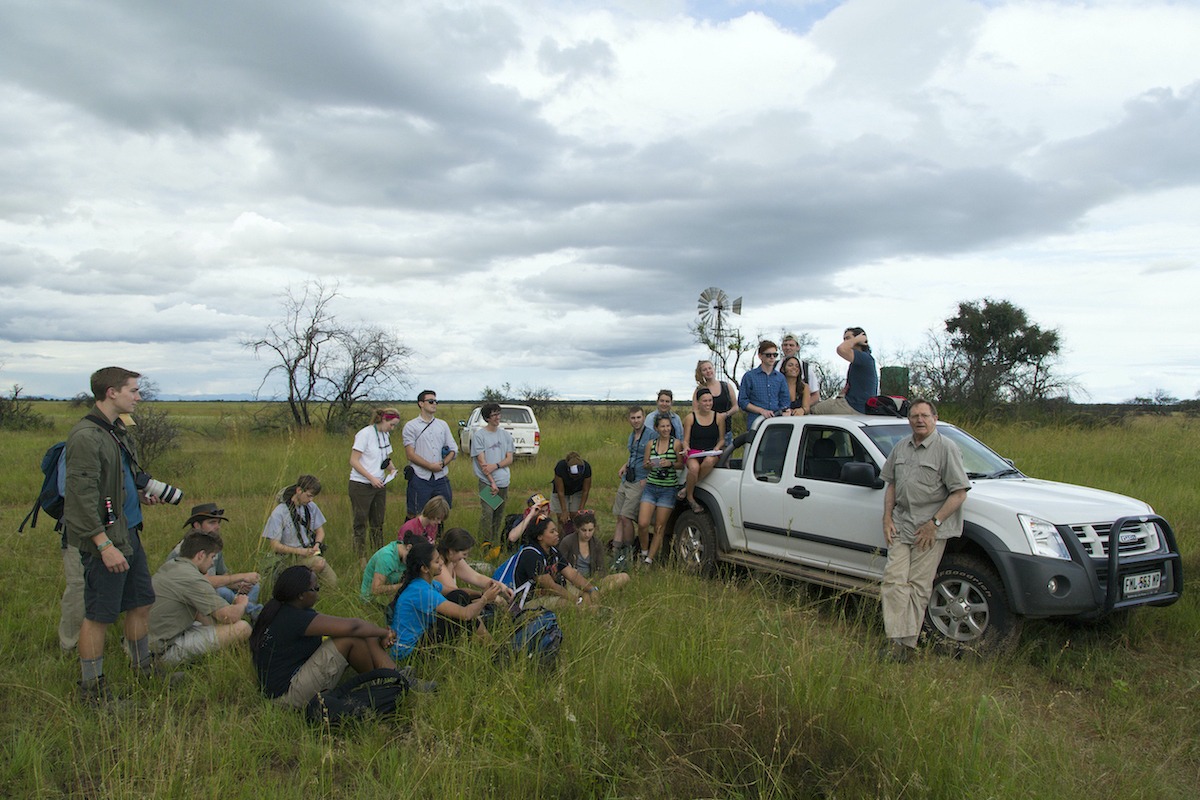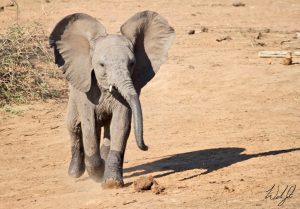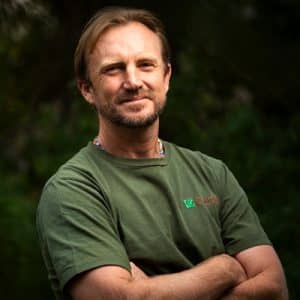The Elephants of Kruger
Description: Hear about the cutting-edge, ongoing research being done by OTS and our partners in Kruger National Park and the elephants that live
there. See how undergraduate students can play a pivotal role in the management of this enigmatic species through the participation in the semester study abroad program, African Ecology & Conservation in South Africa. Also get a glimpse of past participants and what they are up to now, to see how this program builds the foundation for a future in conservation and scientific research.
Who: Laurence Kruger, Ph.D. – Program & Curriculum Director, OTS South Africa
When: Tuesday, June 2 at 6:00pm ET – Download Zoom
Who Should Watch: Undergraduate students interested in learning about a unique study abroad experience that focuses on gaining theoretical knowledge, as well as the field skills needed in order to build a career in conservation, natural resource management, biology, ecology or any arena that looks to increase our understanding of the natural world and how humans interact with it.
More About the Speaker
Ph.D. Botany, University of Cape Town
Dr. Kruger is the Director of Curriculum for OTS and is based in Skukuza, Kruger National Park. His primary interests lie in functional ecology and how species response to disturbance. His interests lie specifically on the demography of woody plants in a variety of SA biomes, the bottlenecks imposed in each system, and which traits are critical in overcoming these. During his Ph.D., Dr. Kruger focused on the importance of re-sprouting in South African coastal forests, fynbos and savannas. His current work is focused on the impact that elephants and fire have on savannas and how resilient plants and communities might be in response to this disturbance. Allied to this is work on the impact of the loss of vegetation complexity on resident faunal communities. A large portion of Dr. Kruger’s private consulting work has been in the field of conservation, in particular conservation planning. This work has included surveys of natural habitats (biodiversity surveys), identifying the threats (development, habitat transformation, alien vegetation/faunal invasives), and the setting of conservation targets. This work has provided him with the opportunity to become more actively involved in conservation, whilst still engaging on a theoretical level.



